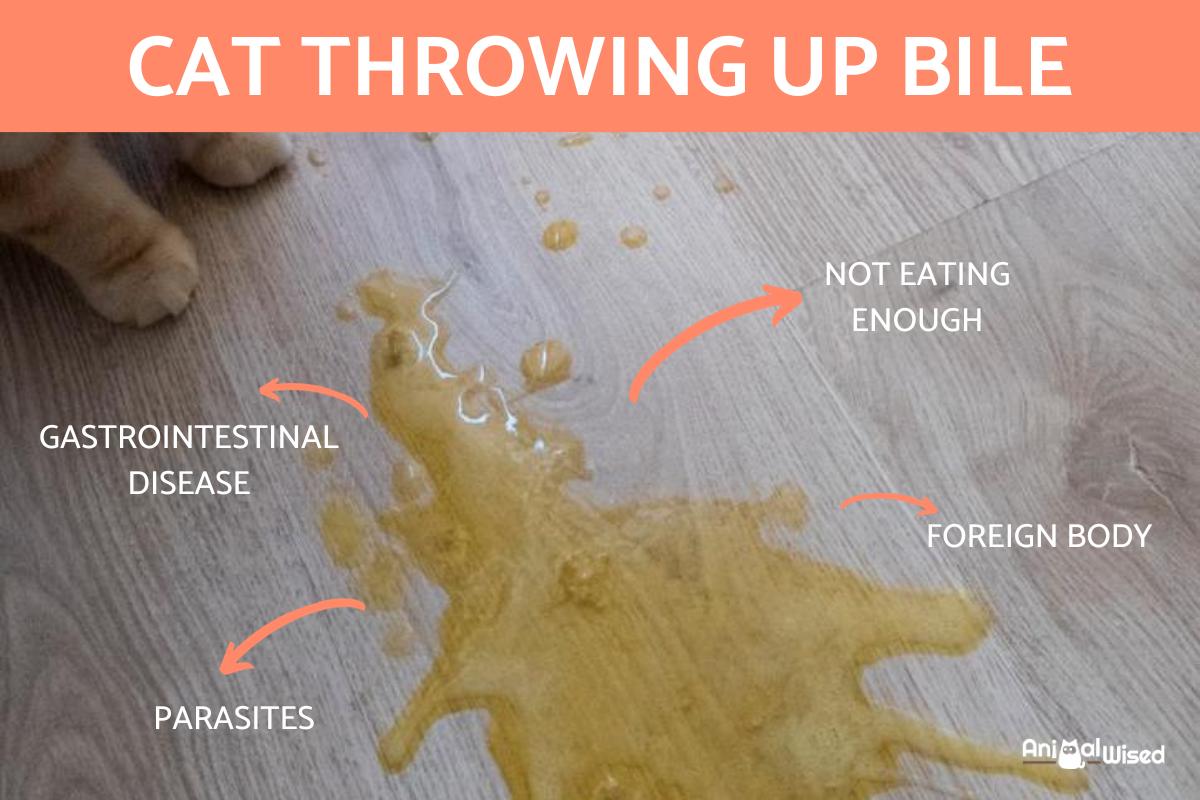My Cat Is Throwing Up Yellow Liquid

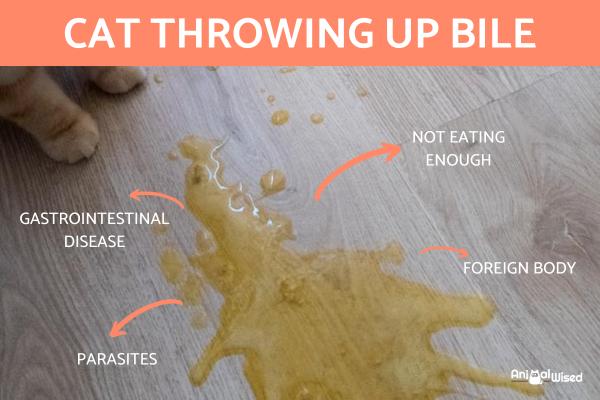

See files for Cats
Unless they have eaten something which is yellow in color, the yellow liquid a cat vomits is likely to be bile. This is a yellowish or greenish liquid which is produced in the liver. Bile is important for healthy digestion in cats and its production is essential in breaking down certain lipids. While bile production is necessary, overproduction can be a serious problem. Although not highly acidic like gastric juices, it can be damaging to certain tissues. A cat vomiting bile is a symptom of an underlying gastrointestinal issue.
At AnimalWised, we explain the reasons why my cat is throwing up yellow liquid. We look at the causes of cats vomiting bile and what treatment options are available.
What is bile in cats?
Bile is a yellow or greenish liquid which is produced in the liver. Although it is mostly made of water, it also contains bile salts which are very useful in aiding digestion in cats. The yellowish color is due to bilirubin, a compound that also helps to dispose of waste materials in the body.
Although bile is produced in the liver, it is stored in the gallbladder. Its action is essential for proper digestion as it contains certain enzymes which allow for the emulsification of fats ingested through food. During the digestive process bile is expelled from the vesicle towards the small intestine, where its action is essential for the correct assimilation of fat molecules.
Why is my cat throwing up yellow liquid?
By breaking down lipids and by the mechanical action of its liquid, bile helps to push food through the digestive tract. The body performs a series of natural, involuntary and physiological movements known as ‘peristalsis’. Vomiting occurs when these movements reverse and expel part of the ingested food through the mouth, rather than leading to the next stage of the digestive tract.
These anti-peristaltic movements can be caused by defense mechanisms present in the digestive tract, which are trying to expel toxins and purge the organism. However, this reaction can also be caused by an impulse from the central nervous system.
Vomiting in cats can be causes by various factors. These include the following:
- Eating disorders
- Hairball formation
- Gastrointestinal diseases
- Poisoning
Vomiting is a general symptom, meaning it can be due to many different problems. This makes diagnosis more difficult. When a cat vomits yellow bile, the reason for this impulse is easier to identify. The following are the main causes that may explain why your cat is vomiting bile.

Not eating enough
When a cat fasts for long periods of time, bile and other digestive fluids begin to accumulate in their stomach. As there is no food in the stomach, there is nothing to be digested and these fluids have nowhere to go. This accumulation can be extremely aggressive to the gastric mucous membranes due to its highly corrosive effect. In turn, this irritates and inflames the stomach walls. This inflammation is known as gastritis in cats.
The defense mechanism of the digestive tract activates anti-peristaltic movements that cause vomiting. This takes places as a way to eliminate bile and relieve discomfort stomach. Usually, when a cat vomits bile after long hours without eating, we should only notice yellow or sometimes, green liquid. It should not be accompanied by blood or mucus.
If a cat does not eat, it can be due to various issues. One is simply that they do not have food available, something that can happen if they are being neglected by their owner. It might not be that the owner does not provide food, but that they have established improper eating habits which causes the cat not to eat. However, physical or psychological issues may be the root cause of the cat not eating.
When your cat is throwing up yellow bile because they are not eating, do not hesitate to go to the veterinarian. In a clinic a professional can perform appropriate tests to check the health status of your cat and establish an effective treatment. They can advise on establishing healthy eating habits, such as how much and how often your cat should eat. They can also diagnose a medical issue such as the ones we explain below.
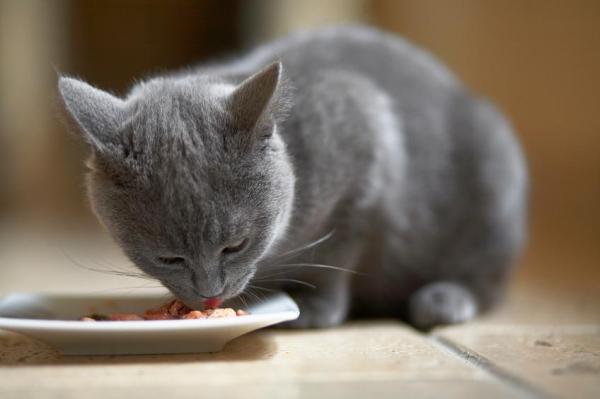
Ingestion of foreign body or toxic substance
Although more frequent in dogs, cats can also ingest foreign and non-digestible objects. These can include parts of toys, household objects, pieces of clothing or various chemical residues.
Initially, the intestinal tract will have difficulty in digesting this object and will in turn increase its production of digestive fluids. This means the ingestion of foreign bodies usually leads to an increase bile production as it causes irritation of the gastric mucosa. Vomiting the yellow liquid takes place as a way of expelling the foreign body and decreasing the concentration of bile in the stomach.
In addition, a cat can also vomit bile after poisoning. If you feel that your cat has ingested pesticides or insecticides, cleaning products or any toxic substance, it is vital to take go to your veterinarian immediately.
Parasites
Internal and external deworming must be done periodically to ensure your cat remains in good health. If you have recently adopted cat, adult or kitten, it is essential to go to your veterinarian to update its vaccination and deworming schedule.
Infestations by internal parasites can lead to your cat vomiting bile. It can also cause diarrhea, abdominal pain and excessive tiredness (or lethargy). Therefore, it is incredibly important to keep up to date with your animal’s deworming schedule.
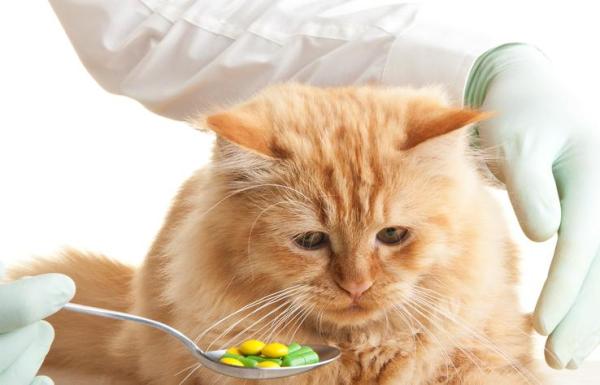
Diseases that cause the cat to throw up yellow liquid
In addition to the already mentioned causes, a cat can also vomit bile as a symptom of a disease. Below, we summarize the main pathologies that can cause your cat to vomit this yellow-green fluid:
- Liver problems: as the liver is the organ that produces bile, any liver dysfunction can affect the normal production of this digestive fluid. When liver problems lead to overproduction of bile, this can result in irritation and inflammation of the gastrointestinal mucosae. To relieve this cluster and stop the inflammatory process of the mucous membranes, bile will be eliminated through vomiting. The most common characteristic sign of liver problems is the yellowing of the eyes and mucous membranes (jaundice). However, this symptom will appear when liver damage is quite advanced, so we must be alert to the first changes in the appearance and behavior of our cats, to allow for an early diagnosis.
- Pancreatitis: pancreatitis in cats (inflammation in the pancreas) is often diagnosed in domestic cats. An affected cat will demonstrate a loss of appetite and spend long periods fasting. As we have mentioned, when the stomach is empty as a result of hours without food, bile accumulates and the vomiting is provoked to relieve irritation of the gastric mucous membranes. Pancreatitis in cats can also cause other symptoms, such as diarrhea, bloating and abdominal tenderness.
- Inflammatory bowel disease: intestinal inflammations can be comprise of a wide range of diseases, such as colitis in cats. When not treated properly, this pathology usually causes frequent vomiting accompanied by bile and diarrhea with the presence of raw or coagulated blood.
What do I do if my cat is vomiting bile?
As we have explained, the color of bile is not exclusively yellow. If you notice that your cat has vomited bile, whether accompanied by clear liquid, green liquid, a foamy white or brown substance, we recommend going to vet to rule out any pathology.
While many cats may vomit from having spent many hours fasting, you should still see you veterinarian to make sure the cat is healthy. Whenever possible, it is recommended to take a sample of the vomit to the veterinarian to help facilitate the diagnosis. If you cannot, a photo may be helpful. Do not forget to see if your cat has shown other symptoms, such as diarrhea, loss of appetite, fatigue or changes in behavior.
In cases of vomiting due to prolonged fasting, as the animal will likely experience an irritated gastric mucosa, we should not offer them large quantities of food, nor provide them with treats or foods that are difficult to digest. You should offer your animal small portions of boiled rice with chicken to keep it well nourished and hydrated, without overloading its digestive system. You can also opt for pâté for cats in a gastrointestinal can. However, it is essential to take guidance from a veterinarian to regulate the eating habits of your cat and avoid prolonged fasting.

How to prevent my cat from vomiting bile
In order to make sure your cat doesn’t vomit bile, you need to prevent it suffering from imbalances in its digestive system. To conserve the good health of your cat, it is essential to remain aware of these following points:
- Preventive medicine: make visits to the veterinarian every 6 months, respect your cat’s vaccination schedule and periodic deworming and maintain good oral hygiene.
- Balanced nutrition and a good diet : all cats need a complete and balanced diet to stay healthy, happy and active. In addition, avoid bad eating habits, such as leaving them for long hours without food. If you have to spend many hours outside of home, remember to leave enough food for your cat to consume throughout the day. And do not forget to check if the animal was fed during your absence.
- Physical and mental well-being: the balance between body and mind is essential for the health of all species. A cat must be physically and mentally stimulated in order to maintain good health and balanced behavior. Therefore, remember to enrich the environment of your cat with toys, scrapers, labyrinths and other accessories that arouse its curiosity and allow it to exercise its body and mind.
The context of the cat's vomiting yellow liquid is also important. For this reason, you may want to take a look at our article on why my cat vomits after eating to learn more.

This article is purely informative. AnimalWised does not have the authority to prescribe any veterinary treatment or create a diagnosis. We invite you to take your pet to the veterinarian if they are suffering from any condition or pain.
If you want to read similar articles to My Cat Is Throwing Up Yellow Liquid, we recommend you visit our Other health problems category.

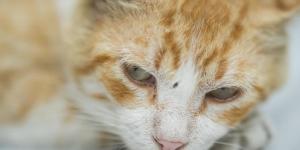

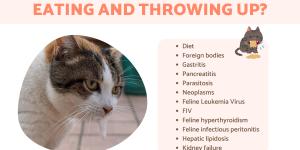


 Hi can i ask what is the first aid home remedy for my Persian Cat if Vomit a Yellow liquid with Hairballs? Thnk u
Hi can i ask what is the first aid home remedy for my Persian Cat if Vomit a Yellow liquid with Hairballs? Thnk u

